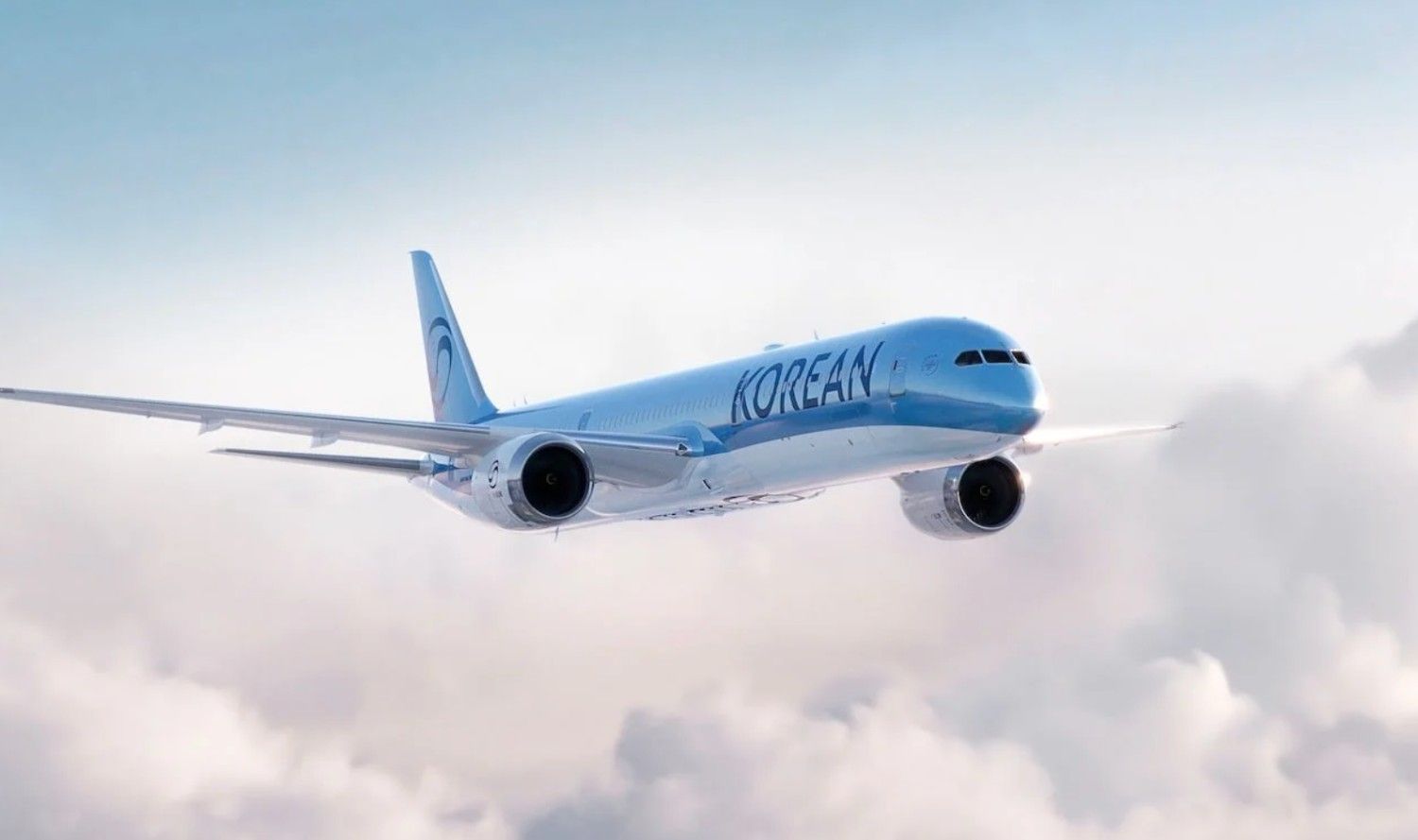Published on
November 6, 2025
Korean Air has reestablished vital travel links between South Korea and Germany through a new Special Prorate Agreement (SPA) with Condor Airlines, effective November 1, 2025. This partnership restores integrated domestic connections within Germany for the first time in over a decade, significantly enhancing tourism by enabling travelers from Seoul’s Incheon International Airport to seamlessly connect in Frankfurt with flights to major German destinations including Berlin, Hamburg, and Munich.
Renewed Connectivity Elevates Germany’s Tourism Accessibility
The SPA facilitates through-ticketing and checked baggage transfers between Korean Air’s long-haul Seoul-Frankfurt service and Condor’s extensive domestic flight network. For tourists and business travelers alike, this removes previous booking complexities and logistical hurdles, creating a smooth transit experience when journeying to Germany’s principal economic and cultural hubs.
Passengers benefit from simplified travel itineraries, avoiding the need to recheck luggage or book separate tickets across carriers, thus making Germany’s tourism and business centers far more accessible to international visitors, particularly from Asia.
Expansion Plans and Strategic Importance
In its initial rollout, the partnership connects Frankfurt to Berlin, Hamburg, and Munich, with plans announced to broaden the network to additional German cities in Condor’s portfolio during the summer 2026 schedule. This expansion is poised to increase traveler flow to less-served, yet economically and culturally significant destinations, distributing tourism benefits more widely across Germany.
The collaboration strengthens Frankfurt Airport’s role as a key gateway between Asia and Europe, enhancing passenger experience and supporting wider tourism infrastructure development.
Economic and Tourism Sector Impact
This partnership is viewed as a win-win situation: Korean Air extends its reach deeper into the German domestic market through Condor’s feeder network, while Condor benefits from increased passenger volumes and global connectivity. The improved link is expected to support Germany’s tourism economy by encouraging higher international arrivals, facilitating inbound leisure travel, and stimulating business tourism through enhanced access to regional centers.
Seamless integration of services encourages direct bookings, reduces transfer stress, and improves overall travel satisfaction, factors crucial for sustained tourism growth in a competitive global landscape.
Addressing a Long-Standing Connectivity Gap
Prior to this deal, Korean travelers aiming to reach destinations beyond Frankfurt had to rely on multiple separate bookings with varying carriers or ground transportation alternatives. The new SPA with Condor eliminates this friction, restoring a streamlined journey for passengers.
Integrated domestic air travel is particularly valuable given Germany’s economic density and regional diversity, allowing travelers to explore cultural landmarks, historic cities, and urban centers with ease, boosting the country’s attractiveness as a multi-destination tourist entry point.
Supporting Korea-Europe Tourism Relations
The partnership reflects Korean Air’s broader strategy to rebuild and expand its European network as international travel demand rebounded post-pandemic. By optimizing connectivity in Germany, Korean Air strengthens bilateral tourism and business exchanges between Korea and Europe, an increasingly important market in global travel.
With growing numbers of Asian travelers seeking diversified European experiences, the agreement supports sustainable tourism growth by facilitating greater access and streamlining cross-border journeys.
Conclusion
Korean Air’s renewed partnership with Condor Airlines marks a transformative step in reconnecting South Korea and Germany’s tourism and business networks. The new integrated travel experience from Seoul to Frankfurt and beyond enhances accessibility, convenience, and traveler satisfaction, fostering stronger tourism flows across key German cities.
This collaboration underscores the evolving landscape of global aviation partnerships that prioritize passenger ease and promote regional tourism development, promising lasting benefits to Germany’s hospitality industry and its international visitors.
Image Credit: KOREAN AIR
